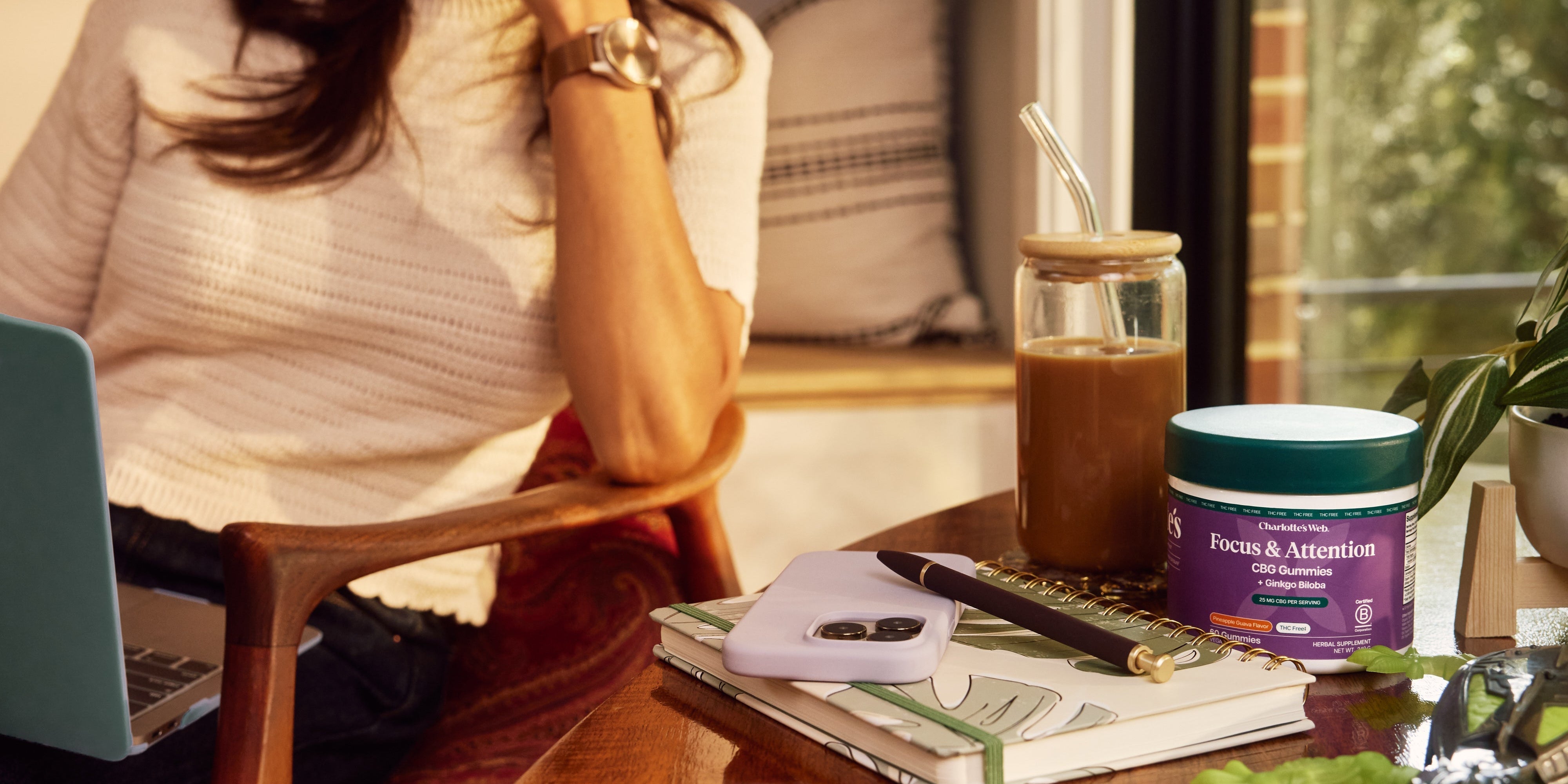Does CBD Show Up on a Drug Test?

CBD helps support calm, focus, recovery, and more—but because it comes from hemp, many wonder:
Will CBD show up on a drug test?
Let’s dig in. Charlotte’s Web™ doesn’t just know wellness. We own it. And we’re passing it on to you.
Drug Tests & CBD: The Short Answer
Good news: CBD itself won’t trigger a positive drug test.
Most tests detect THC, not CBD.
However, CBD products are derived from hemp and may contain small, legal amounts of THC (<0.3%), which could result in a failed drug test.
How Does THC End Up in CBD Products?
Hemp is naturally low in THC. The 2018 Farm Bill legalized the cultivation of hemp (that contains no more than 0.3% THC by dry weight) in the U.S.—and through careful cultivation and breeding, hemp can contain a higher CBD content and stay below that legal THC threshold.
Getting to 0.0% THC isn’t naturally possible. The best-grown hemp still contains trace amounts of THC.
CBD Extraction: When THC Can Sneak In
When creating CBD products, hemp goes through extraction and production; this is where quality matters most.
Charlotte’s Web™ follows strict quality standards that comply with FDA’s Good Manufacturing Practices. Not every company does. Cross-contamination, sloppy extraction, or poor lab practices can contribute to higher THC levels.
How to Choose CBD That’s Drug Test Safe
Play it safe. Here’s how to minimize risk:
✅ 1. Check the Type of CBD
- Full-Spectrum contains the full range of hemp cannabinoids, including THC.
- Broad-Spectrum includes multiple cannabinoids, but THC is removed. However, traces could still show up on a drug test.
- CBD Isolate means pure CBD, no THC.
Want to avoid THC? CBD isolate is your safest bet.
✅ 2. Read the COA (Certificate of Analysis)
Why guess when it comes to ingredients? Reputable brands always provide a COA—a third-party lab report that includes THC levels.
✅ 3. Know Your Ingredients
Avoid CBD from brands that don’t disclose their ingredients. Shady products can test positive for synthetic cannabinoids, toxic solvents, or even unlisted pharmaceuticals—without even listing them on the ingredients panel.
Once again, always read the COA.
✅ 4. Know Where Your Hemp Comes From
Hemp grown outside the U.S. might not follow the same THC limits.
Want to be safe with your drug test? Stick with U.S.-grown hemp, and companies that share their farming and testing standards. *cough cough* wink wink
So... Will CBD Show Up on a Drug Test?
No. CBD won’t.
Full-spectrum CBD might, depending on various factors (how much and how often you take it, and how your body processes it). Every body is different.
The Charlotte’s Web Difference
Charlotte’s Web™ doesn’t just grow hemp—we grow trust. From seed to shelf, everything’s tested, retested, and verified. Why? Because wellness shouldn’t be wishful thinking. It should work.
Fueled by nature and sharpened by science, every product comes with a verified COA for your peace of mind. This is wellness on your terms.

